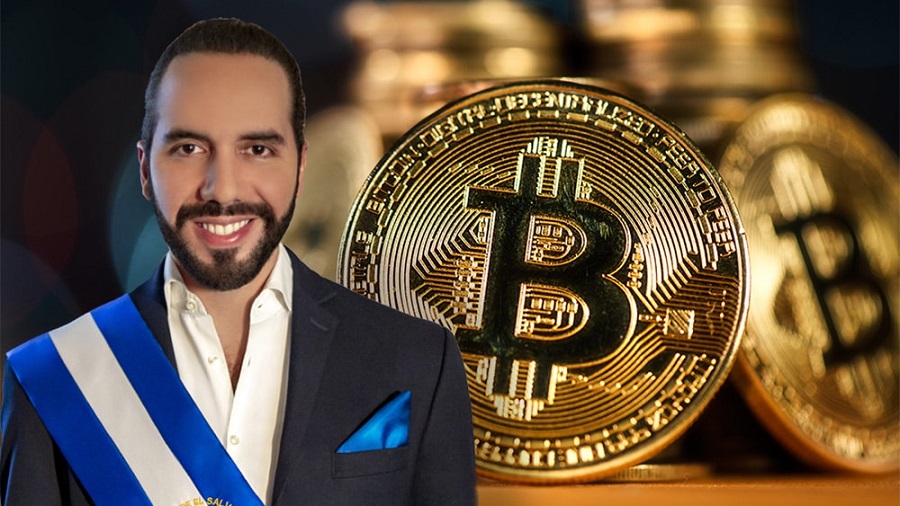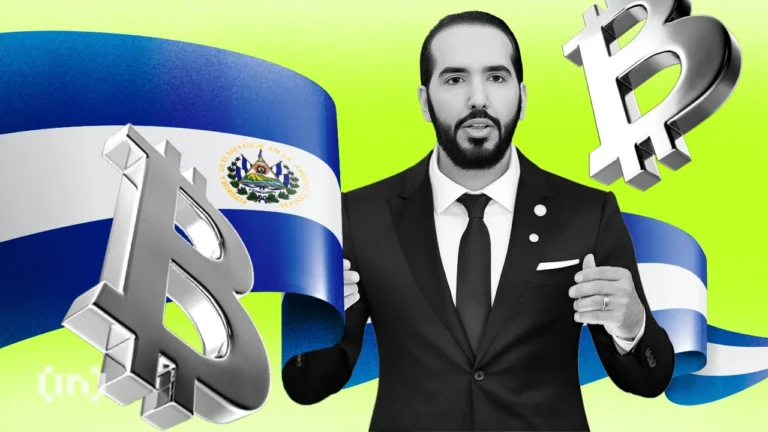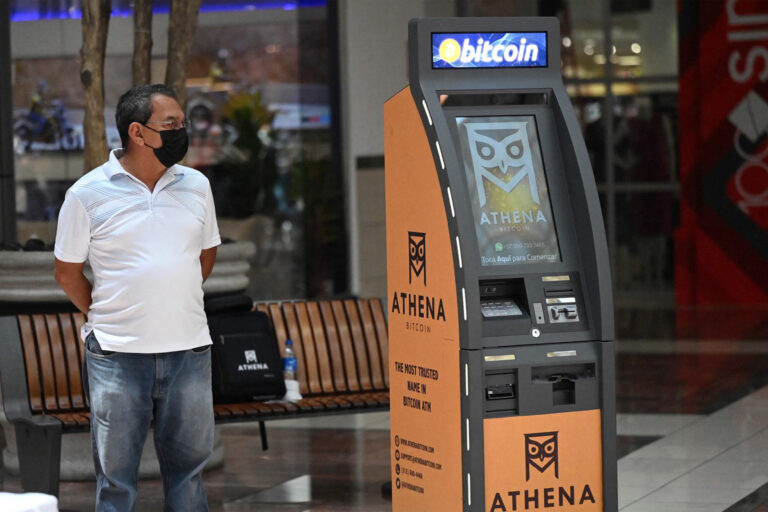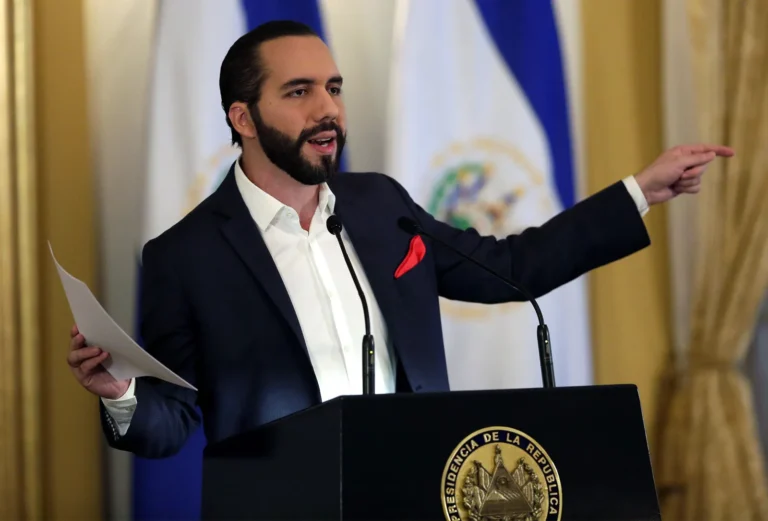A Bold Move or a Risky Gamble?
El Salvador’s President Nayib Bukele is once again making waves in the crypto world. Despite signing a deal with the International Monetary Fund (IMF) that required the country to scale back its Bitcoin activities, Bukele made it clear: El Salvador will not stop buying Bitcoin.
But why does this matter? And what does it mean for the future of Bitcoin adoption by nations?
The IMF vs. Bitcoin: What’s the Deal?
El Salvador struck a deal with the IMF for a massive $1.4 billion loan—part of a larger financial package worth over $3.5 billion. But there was a catch: the country had to limit its Bitcoin-related activities, including government purchases.
The IMF has long warned that El Salvador’s Bitcoin experiment carries risks—especially because Bitcoin’s price can be volatile. So, as part of the deal, the country’s Congress quickly made changes, ensuring that private businesses are not forced to accept Bitcoin and that the government’s involvement in Bitcoin-related projects is limited.
This seemed like a major step back for Bukele’s Bitcoin ambitions. But then, Bukele shocked everyone with a defiant statement:
“No, it’s not stopping.”
According to him, if El Salvador didn’t stop buying Bitcoin when the world turned against them, why would they stop now?
What Happened Next?
Just as the IMF deal was finalized, El Salvador’s strategic reserve announced another Bitcoin purchase, bringing its total holdings to a massive 6,101.18 BTC—worth over $535 million.
This means that, despite IMF pressure, the country is still growing its Bitcoin stash, making it clear that Bukele is standing firm on his Bitcoin vision.
Key Question: Will the IMF try to stop El Salvador’s Bitcoin purchases?
Some experts, like JAN3 CEO Samson Mow, are already questioning how this conflict between Bukele and the IMF will play out.
Why Is This Important?
- Bitcoin as National Currency: El Salvador is the first country to adopt Bitcoin as legal tender (since 2021). If it succeeds, more nations could follow. If it fails, Bitcoin’s role in global finance might be weakened.
- Government vs. Traditional Finance: The IMF represents the traditional financial system. By defying it, El Salvador is challenging the old way of doing things. This could lead to new global economic shifts.
- IMF Influence on Crypto: The IMF has a history of pushing back against countries embracing Bitcoin. If El Salvador resists and still benefits, other nations might ignore IMF warnings too.
- Bitcoin’s Market Impact: If governments keep buying Bitcoin, its price could rise significantly over time. If countries dump it under pressure, it could crash.
Final Thoughts: A Brave Stand or a Dangerous Game?
Bukele’s decision to keep buying Bitcoin despite the IMF deal is a major test for Bitcoin’s future. Will this gamble pay off, making El Salvador a pioneer in a new financial era? Or will the IMF’s influence force them to retreat?
One thing is certain—this battle between Bitcoin and traditional finance is far from over.



